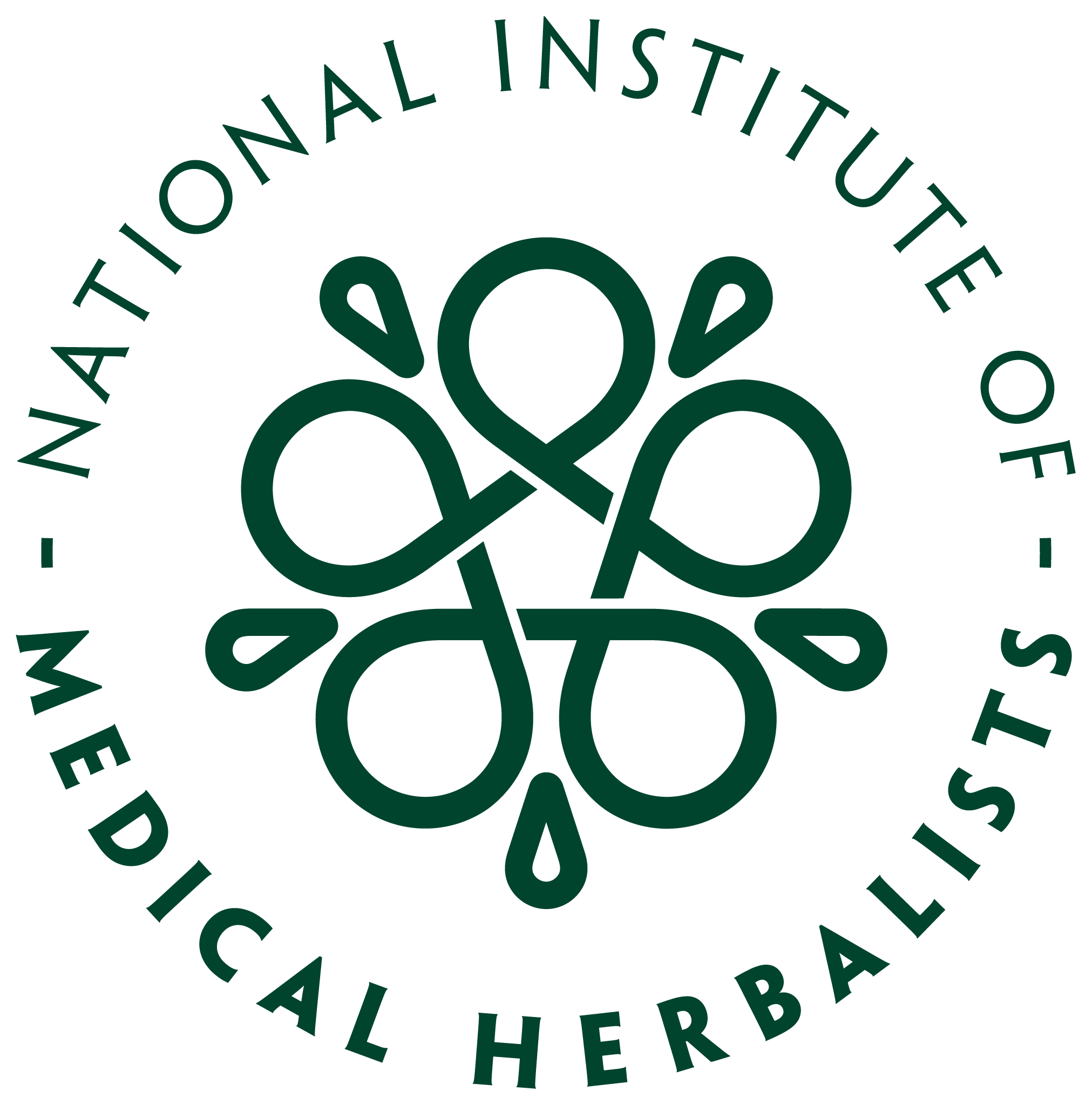
Angelica archangelica
Apiaceae
- Jekkapedia
- Details
- Growing
- Medicinal
- Available as
- How to sow seeds
- How to grow herbs
- Sustainability
Angelica archangelica, Angelica
Family: Apiaceae
Genus: Angelica
Want to learn more? Read Jekka's blog all about Angelica.
• Hardiness: H5 (-10 to -15C)
• Type: Monocarpic
• Height: up to 2.5m
• Spread: up to 1m
Angelica can be seen at the herb farm in Jekka's Herbetum and is available to buy as both herb plants and online as herb seeds.
• Soil type: Damp Loam
• pH: Universal pH
• Habit: Upright
• Flowering colour: White, Green
• Flowering time: Early summer in second year
• Uses: Culinary & Medicinal (Read Jekka's Guide To Culinary Herbs and Medicinal Herbs for more information)
• Attracts pollinators: Yes (Read Jekka's Guide to Pollinators for more information)
• Container suitability: No
• UK native: Yes
• Caution: Do not take medicinally if suffering from diabetes. The sap can cause contact dermatitis and or photosensitivity.
• Indoor Sowing: In early autumn in prepared plug trays or pots, cover seeds with compost. Winter in a cold frame.
• Outdoor Sowing: In autumn or late winter,direct into a prepared site. Thin seedlings to 1m apart.
• Maintenance: (See Jekka's Blogs on Early Spring, Late Spring, Summer and Autumn maintenance)
• Harvest: N/A
Traditionally regarded as a warming tonic for those with blood and circulatory problems, angelica has been used historically in a number of ways.
Many herbalists have recommended it to boost a fragile digestion where there is nausea and poor appetite. It has also been used historically to help relieve the symptoms of a feverish cough where it is said to ease congestion, promote sweating and help to make it easier to cough up phlegm.
It has also been seen as a herb of value in treating premenstrual symptoms, particularly where these are associated with painful or irregular periods, and as an uplifting nerve tonic where clarity of thought is desirable.

Caution: Avoid in pregnancy. May also cause photosensitive skin rashes in some people.
Please note: The information provided here is for educational interest only and is not intended to be used to diagnose or treat significant health problems. Any serious or long-term health concerns should always be discussed with a healthcare professional.
See our blog for more information about the National Institute of Medical Herbalists
For information on growing herbs from seeds please see Jekka's blogs on sowing herb seeds, sowing your winter culinary herbs or how to grow vegetables.
Jekka's "How to Grow Herbs" videos, includes Jekka's video on how to sow herb seeds for an informative step-by-step guide to seed sowing. For a hands-on herb experience, where you will learn how to grow herbs, check out our Master Classes.
Growing indoors? Check out Jekka's blog on indoor herb gardening for some advice.
For seeds, try Jekka's Seed Club Subscription to regularly receive different sustainable culinary herb seeds for you to try. If you require pots or compost, see Jekka's Herb Kits that includes Jekka's Seed Sowing Kit. This kit contains all you need to sow a collection of herb seeds.
For more information on growing herbs plants please see Jekkapedia, Jekka's blog or our FAQs page.
Happy Herbs!
At Jekka’s we sell herbs in 1 Ltr and 2 Ltr pots. These are established and hardy herb plants that are grown following organic principals and to survive the UK climate. Please read Jekka's blog that contains her top steps to growing on your herbs.
There is also ‘Jekka’s Seasonal Tips’ series that covers growing and maintaining herbs in early spring, late spring, summer and autumn & winter. Together they form Jekka’s guide on how to grow herbs. For a hands-on herb experience, where you will learn how to grow herbs, check out our Master Classes.
Our herbs are designed to be grown in containers or planted in the garden. Although some herbs will be quite happy indoors, most prefer being outside. Please see our indoor growing blog for more information.
If you require pots or compost, we have developed Jekka's Herb Kits, which includes Jekka's "Grow On" Kit. These kits contain all you need to grow on your herbs.
If you think your herbs need a little more attention we always recommend an environmentally friendly solution, and these are Jekka's top three:
- Maxicrop liquid seaweed: 'Feed on Fridays' as Jekka always says for all round good plant health.
- SB Invigorator: a safe and effective insecticide and fungicide to help control a wide range of pest species
- Epsom salts: the horticultural equivalent of what you put in your bath that will top up the plant's magnesium and stop orange leaves.
Please note, the compost in Jekka's Kits will have enough natural food for approximately 6 weeks.
For more information on growing herbs plants please see Jekkapedia, Jekka's blog or our FAQs page.
Happy Herbs!
One of our three core roots is that we are Environmentally Conscious and for the past 30 years all the herbs grown at Jekka’s have been raised following sustainable, environmentally friendly and organic approaches resulting in a remarkable biodiversity at the herb farm.
Our herb seeds are also untreated and can be used to grow organic herb plants. Our seeds are hand packed into gassine bags, which are fully recyclable, compostable and biodegradable. These bags are then put into beautifully illustrated paper seed packets. Therefore, our environmental footprint is small.
Want to know more? You can read more about our sustainability approach to growing herbs in one of Jekka's Blogs. See also:
- Organic and sustainable approach to growing herb plants
- Jekka's guide to being a sustainable herb gardener
- Jekka's guide to cimate change
- Jekka's top 8 tips for becoming a sustainable gardener
- Jekka's blog on organic gardening and soil health
- Jekka’s guide to increasing biodiversity and rewilding your garden




